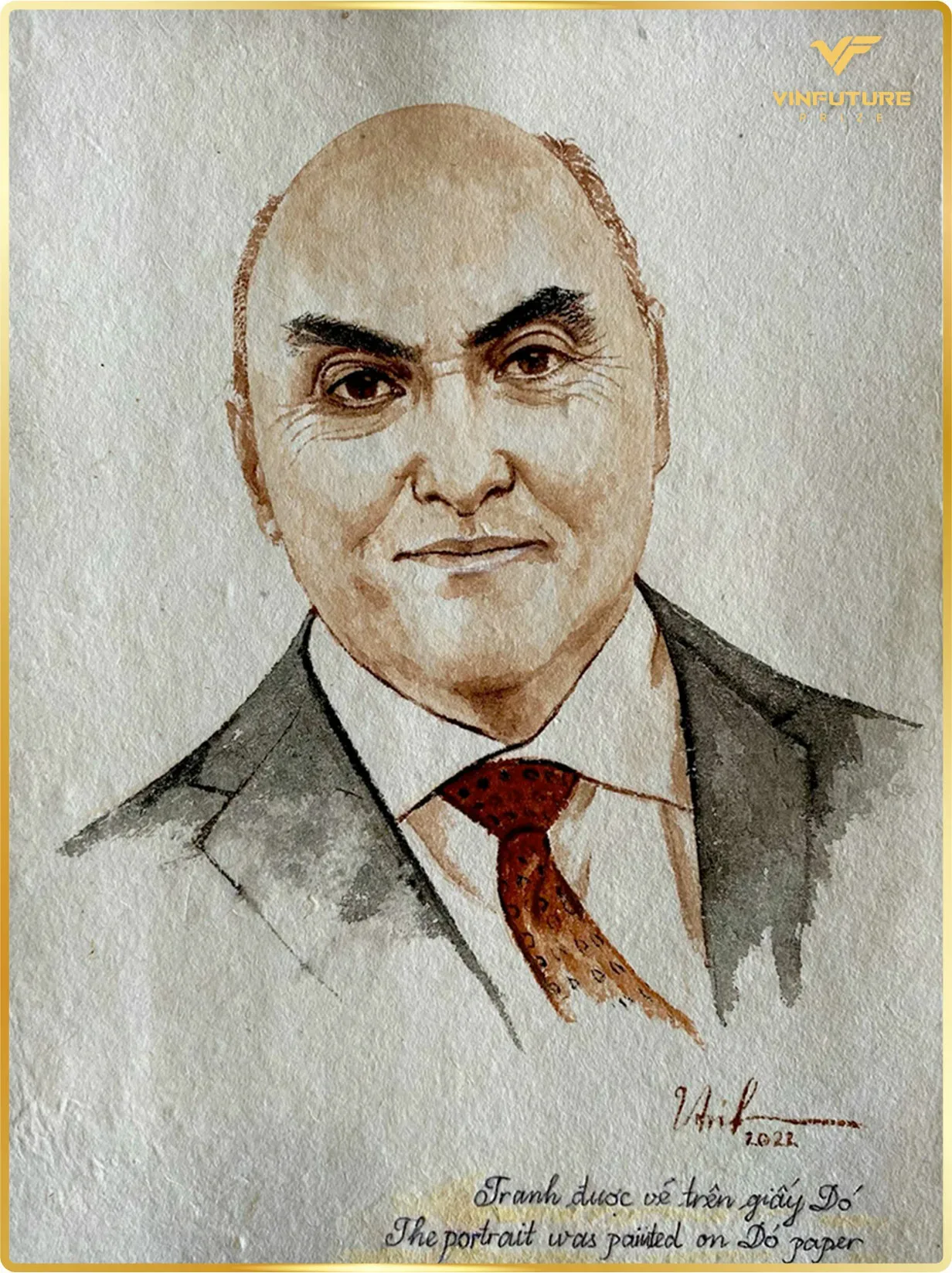BIOGRAPHY
Affiliation at the time of the award: University of Pennsylvania School of Medicine
Drew Weissman, MD, PhD, an infectious disease expert at Penn Medicine, has been studying RNA for use in vaccines for over 15 years. He has dreamed about the seemingly endless possibilities of treating diseases with custom-made mRNA. However, he didn’t expect the mRNA technology he co-created with former colleague Katalin (Kati) Kariko, PhD, to become a critical technology used in some of the COVID-19 mRNA-based vaccines that are now in late stage.
SUMMARY OF WINNING ENTRY | MRNA-BASED VACCINE
Dr. Katalin Kariko and Prof. Drew Weissman developed the nucleoside-modified mRNA technology and other mRNA vaccine-related improvements that both Pfizer-BioNTech and Moderna have used in the development of their vaccines.
Much of the early research effort also induces a general inflammatory response because the body’s innate immune system recognizes the sudden presence of foreign RNA and reacts as if it were an attack of the real virus. Drs. Karikó, Weissman and their colleagues ensure that the RNA gets into the cell and gives instructions in the right direction to make RNA therapeutically viable without causing cytokine induction, toxicity or off-target effects.
Breakthroughs in the modification of mRNA that stop the immune system reacting to the introduced mRNA. Much of the early research effort also induces a general inflammatory response because the body’s innate immune system recognizes the sudden presence of foreign RNA and reacts as if it were an attack of the real virus. 2004-2005 Kariko et al. ensures that the RNA gets into the cell and gives instructions in the right direction to make RNA therapeutically viable without causing cytokine induction, toxicity or off-target effects.
MEANINGFUL CHANGES
150 countries have benefitted from the developments of the COVID-19 mRNA vaccines.
The modification applied to the mRNA by Drs. Kariko & Weissman significantly stabilised the molecule, reduced its own immunogenicity to host cells, and provided a huge immunomodulatory potential that makes vaccine mRNA becomes possible and reliable applications of mRNA as a drug for major human diseases.
The idea of an mRNA vaccine has been more favorably received in the oncology and genetic diseases community as a therapeutic agent, rather than for prevention. In addition to vaccines, in the future, mRNA technology will be able to be applied in the treatment of diseases such as influenza, HIV-1, rabies and Zika virus, cancer, including blood cancer, melanoma, brain cancer, prostate cancer.
The modification applied to the mRNA by Drs. Karikó & Weissman significantly stabilized the molecule, reduced its own immunogenicity to host cells, and provided a huge immunomodulatory potential that makes vaccine mRNA become possible and reliable applications of mRNA as a drug for major human diseases.
In addition to vaccines against influenza, HIV-1, rabies and Zika virus, in the future, mRNA technology will be able to be applied in the treatment of diseases such as cancer, liver and heart diseases…








